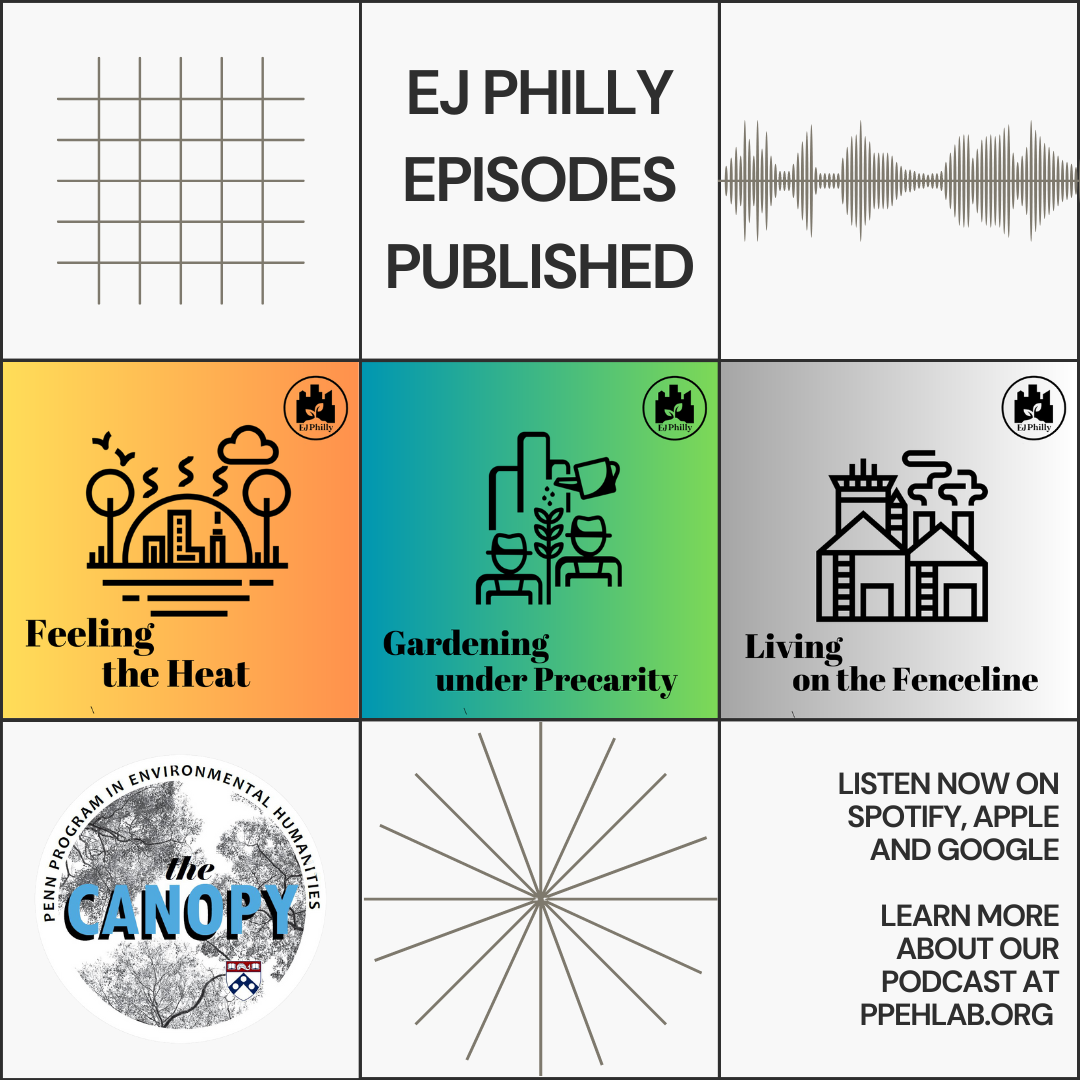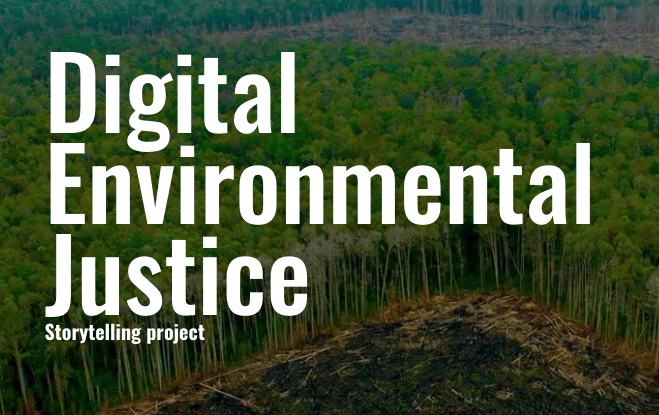
Interested in declaring a minor in environmental humanities? Check out the requirements below (you may have a few already fulfilled)!
The environmental humanities minor in the School of Arts & Sciences gives Penn students the opportunity to work across disciplines and explore how knowledge systems represent and respond to past and present environments, ecologies, places and worlds at a variety of scales. The minor emphasizes change and transformation, rather than stable states and received disciplinary borders.
Requirements: (6-7CUs)
-
2 Courses in Arts & Humanities Approaches to Environmental Inquiry
-
1 Course in Social Science Approaches to Environmental Inquiry
-
1 Course in Natural Science Approaches to Environmental Inquiry
-
Transdisciplinary Environmental Humanities "Touchstone" Course
-
Public Engagement Requirement (Choose a pre-approved course, or fulfill with independent study, credit-bearing summer project or other course with significant community-based research or service component, with approval)
-
EH Collaboratory for public research "Capstone" Course
The EH minor emphasizes arts-driven inquiry into place and world-making and, with a public engagement requirement, insists on the importance of various methods of public research and outcomes--from fieldwork to community-based participatory research, to art and science exhibits and evidence-driven advocacy.
This requirement may be fulfilled by enrolling in one of a pre-approved list of courses that include rigorous public engagement or with independent community-based research projects.
Questions? Write to PPEH Faculty Director Bethany Wiggin (bwiggin@sas.upenn.edu)
Why study EH? Hear from former students
Outcomes from the Transdisciplinary Touchstone Course
Students enroll in one transdisciplinary touchstone course co-taught by at least two faculty working individually in distinct disciplinary traditions and together to model cross-disciplinary knowledge-making.
In the Spring 2023 semester, anthropologist Dr. Kristina Lyons and toxicologist Dr. Marilyn Howarth co-taught the touchstone course. As a result of the course’s focus on community engagement, the students developed a special edition series of PPEH’s podcast series, The Canopy.
The final project called EJ Philly, produced three podcast episodes that focused on environmental (in)justice in Philadelphia. The students interviewed community members and experts about urban heat islands, urban farming, and oil refining.
Listen in to learn about Philadelphians’ struggle to create an environmentally equitable city and our pathways to creating a better future, here.

During the global pandemic and a shift to online learning, Profs. Kristina Lyons and Marilyn Howarth first co-taught the touchstone course for the Environmental Humanities minor. Beyond introducing students to transdisciplinary modes of communication and environmental humanities analytical frameworks, they focused the course around building a public engaged collaboration with community organizations and civil society initiatives in Colombia.

The final project for the class resulted in a bilingual Digital Environmental Justice Storytelling platform that invites people to learn how different communities in Colombia engage with the arts and sciences in their activism and daily life to navigate environmental health uncertainties, defend territories, and transform urban and rural life conditions.
Click here to read about the methodologies and outcomes of the transdisciplinary touchstone course in Tapuya: Latin American Science, Technology and Society.
Hear more about the Transdisciplinary Touchstone course from the fall of 2020 from the intro video:
